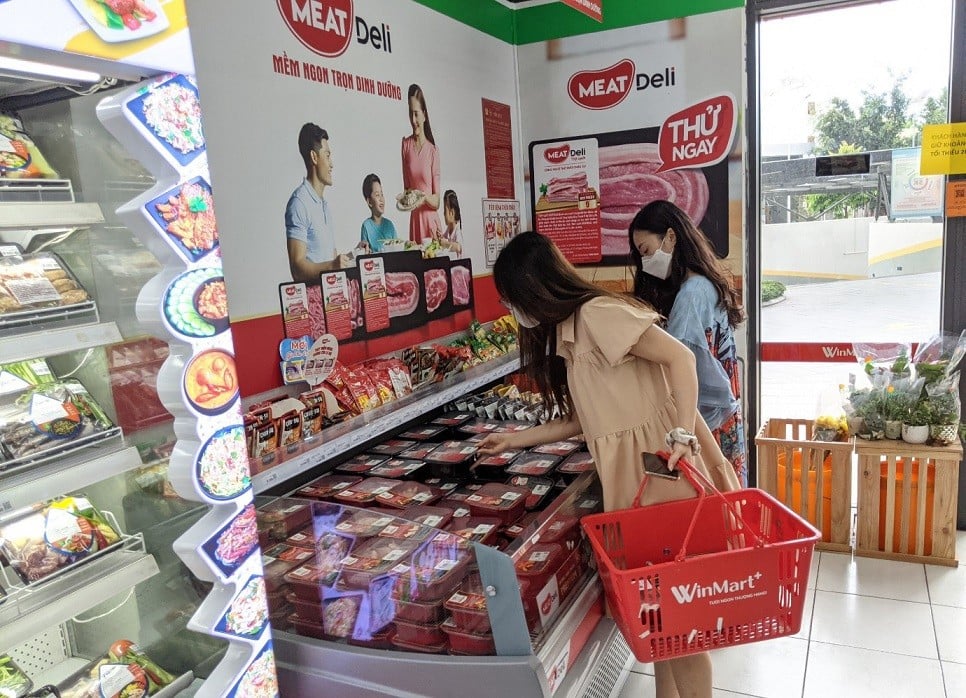 |
| Pig price today June 28: Ha Tinh pig price increased by 3,000 VND/kg, the highest in the North. (Source: WinMart) |
Pig price today June 28
* Pig price in the Northern region increased by 1,000 - 2,000 VND/kg.
Specifically, after a slight increase in price, traders in Yen Bai and Lao Cai are purchasing live pigs at 62,000 VND/kg. This is also the transaction price recorded in Nam Dinh, Ha Nam and Ninh Binh provinces after an increase of 2,000 VND/kg.
Thai Nguyen province adjusted up 1,000 VND/kg to 63,000 VND/kg, along with Hung Yen and Thai Binh .
Today's live pig price in the North fluctuates between 62,000 - 63,000 VND/kg.
* The market price of live pigs in the Central and Central Highlands regions increased from 1,000 VND/kg to 3,000 VND/kg.
Accordingly, 60,000 VND/kg is the price of live pigs in Quang Binh, Quang Nam, Quang Ngai and Binh Dinh after increasing by 1,000 VND/kg.
The price of live pigs in Nghe An and Ha Tinh is 62,000 VND/kg, an increase of 1,000 VND/kg and 3,000 VND/kg respectively.
Currently, the purchase price of live pigs in the Central and Central Highlands regions is around 58,000 - 62,000 VND/kg.
* In the South, pig prices today have no new changes.
Currently, the highest transaction price in the region is 61,000 VND/kg, available in Dong Nai and Long An.
The remaining provinces and cities maintained stable transactions in the range of 58,000 - 60,000 VND/kg.
Pig price in the Southern region today fluctuates between 58,000 - 61,000 VND/kg.
* Dr. Le Dang Doanh, former Director of the Central Institute for Economic Management, said that it is inevitable that farmers are still hesitant in restocking their herds, because the pork market still has many unstable factors.
According to Mr. Doanh, if farmers do not restore their herds in the next few months, the domestic pork supply will certainly decrease, and the risk of a pork shortage at the end of the year is very likely to occur.
To stabilize the market, authorities need to have solutions to reduce difficulties for livestock farmers such as reducing import tax on input materials such as animal feed and supporting loans to restore herds.
Source



![[Photo] Comrade Nguyen Duy Ngoc visited and worked at SITRA Innovation Fund and ICEYE Space Technology Company](https://vphoto.vietnam.vn/thumb/1200x675/vietnam/resource/IMAGE/2025/10/23/1761174470916_dcngoc1-jpg.webp)
![[Photo] General Secretary To Lam and his wife begin their official visit to Bulgaria](https://vphoto.vietnam.vn/thumb/1200x675/vietnam/resource/IMAGE/2025/10/23/1761174468226_tbtpn5-jpg.webp)

![[Photo] Da Nang: Shock forces protect people's lives and property from natural disasters](https://vphoto.vietnam.vn/thumb/1200x675/vietnam/resource/IMAGE/2025/10/22/1761145662726_ndo_tr_z7144555003331-7912dd3d47479764c3df11043a705f22-3095-jpg.webp)
![[Photo] Award Ceremony of the Political Contest on Protecting the Party's Ideological Foundation](https://vphoto.vietnam.vn/thumb/1200x675/vietnam/resource/IMAGE/2025/10/22/1761151665557_giaia-jpg.webp)
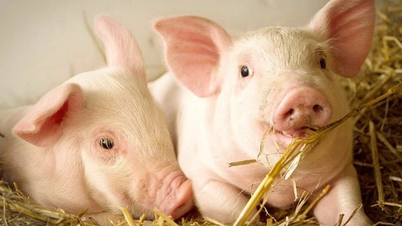

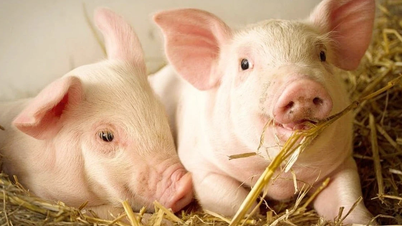
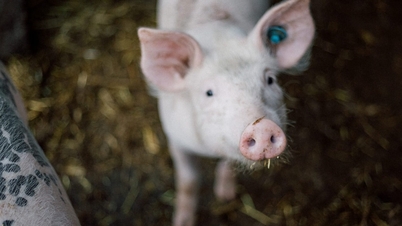

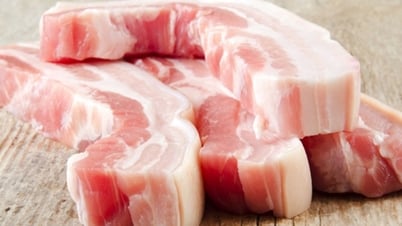


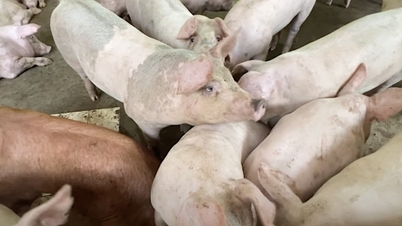













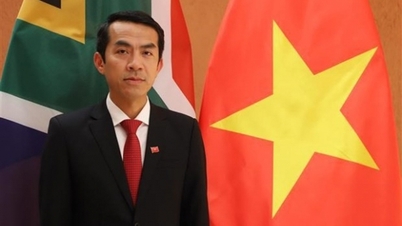
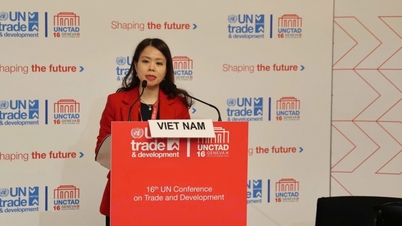

























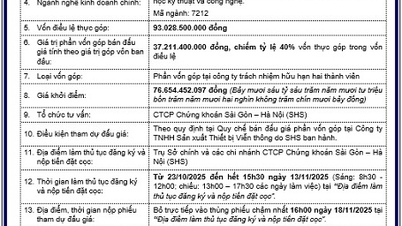

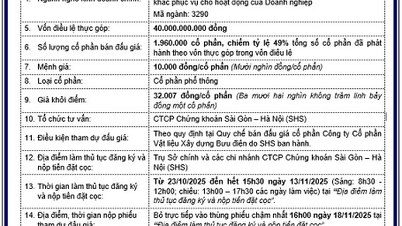
















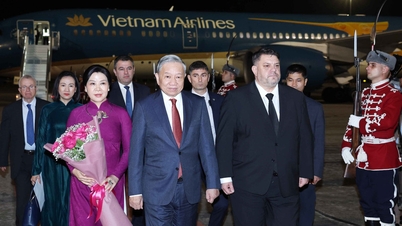











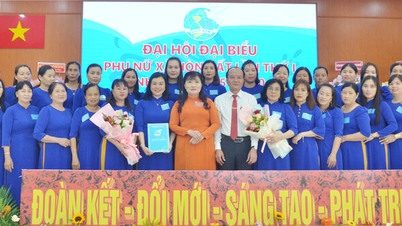



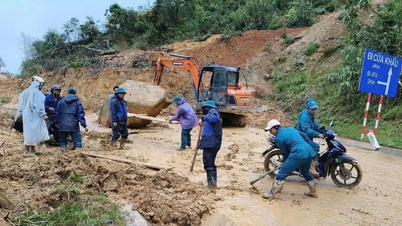



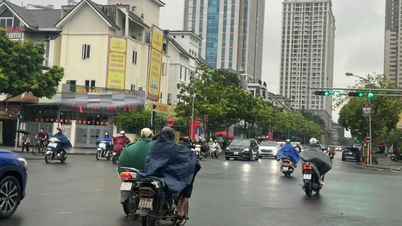
















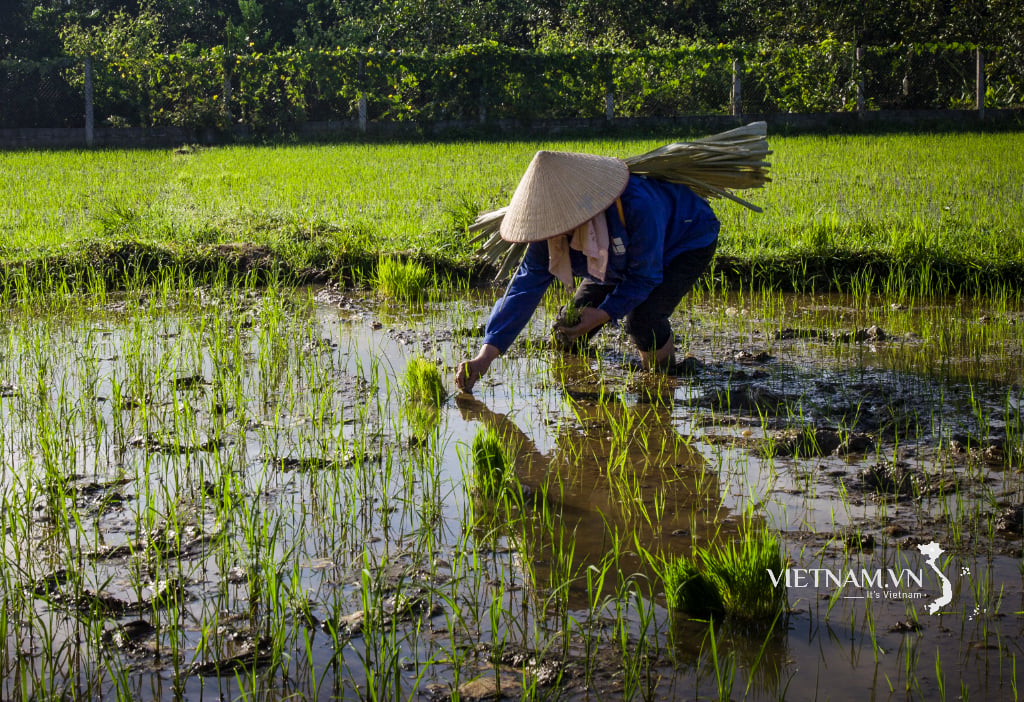
Comment (0)